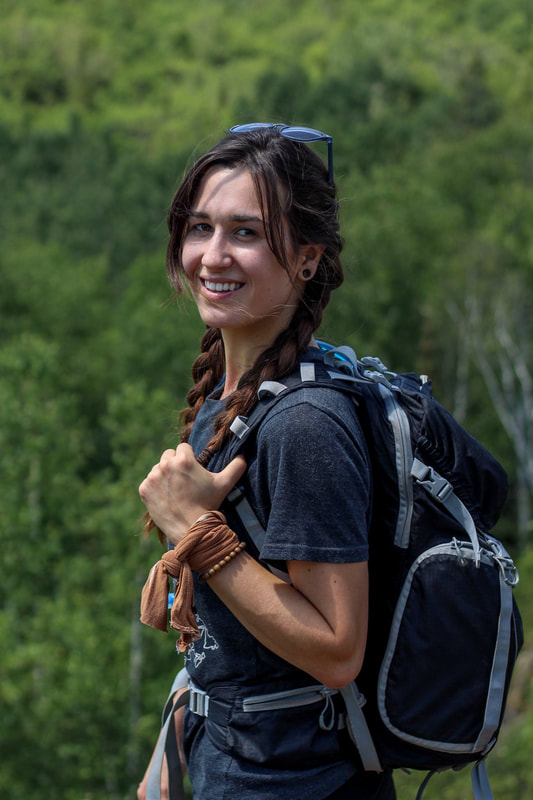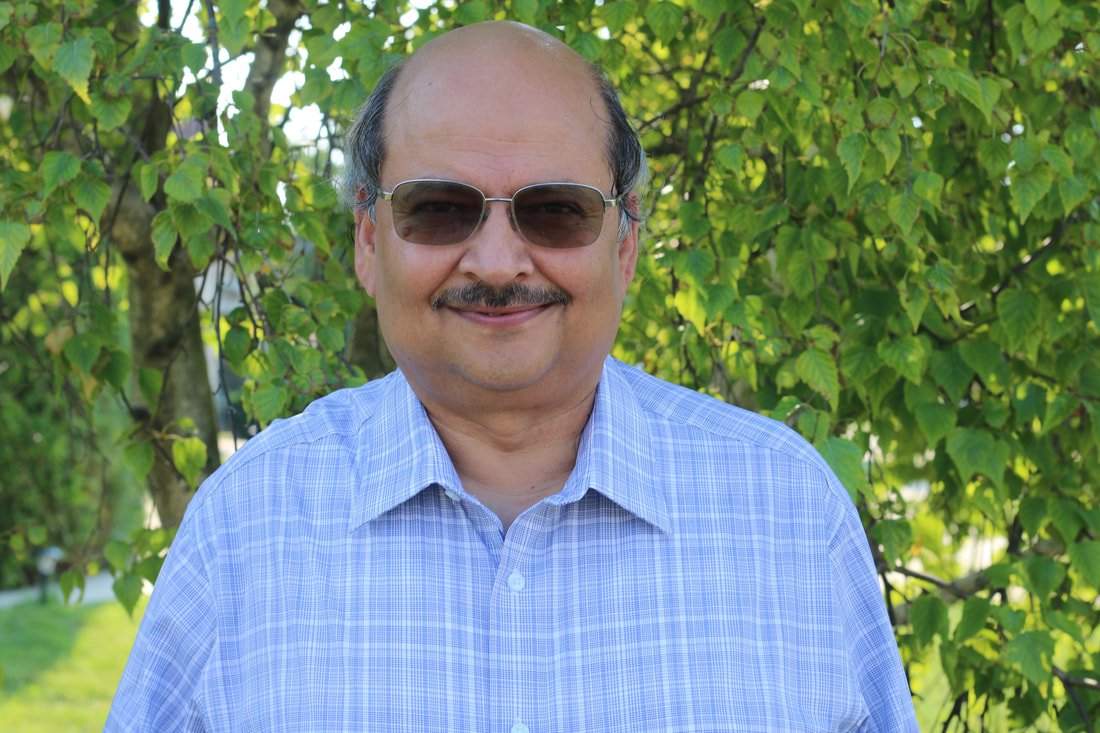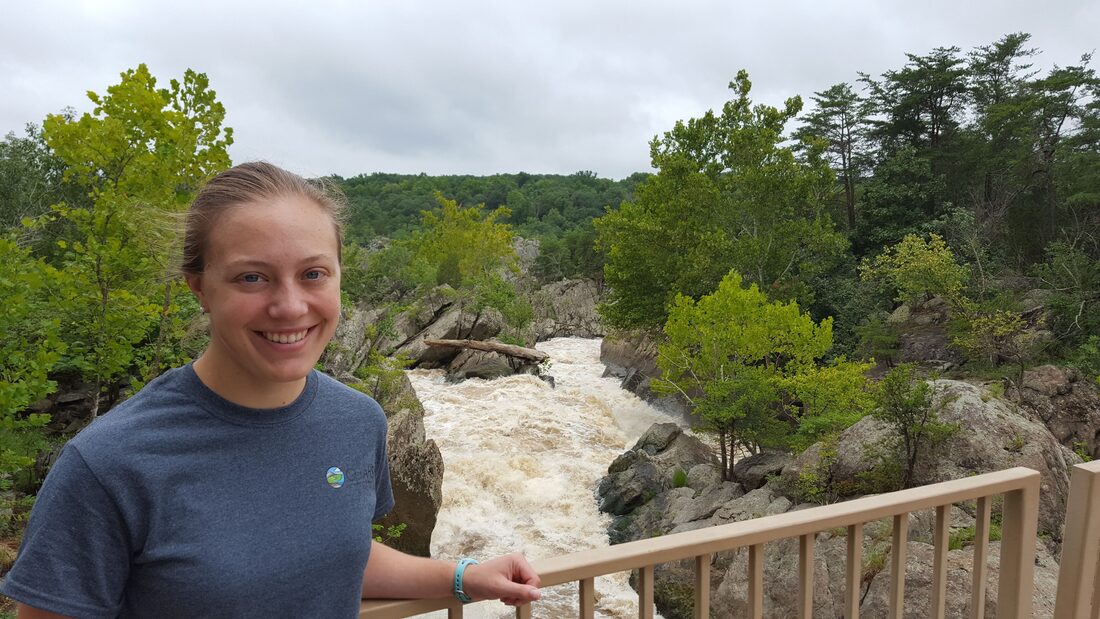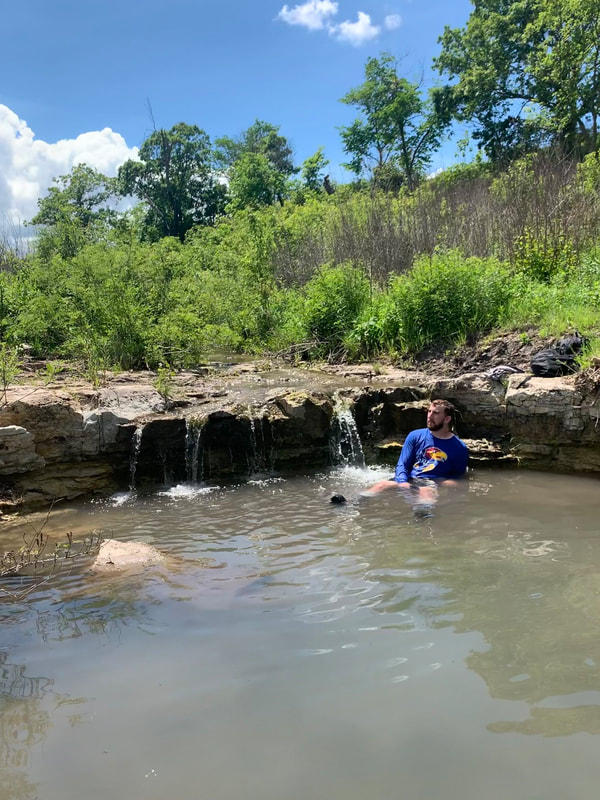Ecohydrology is a framework that allows us to study at the intersection of hydrology and ecosystems. To me, ecohydrology incorporates humans and their past, current, and future perturbations to earth’s natural processes.
What are your undergraduate and graduate degrees in?
All of my degrees are in environmental engineering, but I tell everyone I am a water scientist.
How did you arrive at working in/thinking about ecohydrology?
I was always an environmentalist. When I learned about industrialized farming, I became intrigued by the *wicked* problem of meeting food production needs while protecting our natural resources, particularly water.
Through my undergraduate co-ops and meeting my advisor Dr. Nandita Basu, the pieces started to fall into place to begin chipping away at this *wicked problem*. I firmly believe in intentionally leaving space in my life for serendipity, and it is only with hindsight that I see my path, where all my seemingly unconnected decisions coalesced and brought me here.
What do you see as an important emerging area of ecohydrology?
I believe that there is value in taking a long look in our rear-view mirror. With the existing methods, progress in digitizing historical documents, and increasing computing power, we can look to the past to get a complete picture of the scale of the problems we are facing today.
A paper published by Haas et al. in 2019 found that Ancient Romans caused eutrophication of their lakes through land clearing for farming. The authors found that it took centuries after the collapse of the city for the lake to recover.
For my work, we use crop, livestock, and land management data to understand how the past is influencing our water quality today. I am using hindsight to understand landscape legacies and to inform our models for the future. It is also entertaining to go searching through archived papers and documents to rediscover information.
Do you have a favorite ecohydrology paper? Describe/explain.
My favourite paper changes with the direction of the wind, but I enjoyed the work by Philip Savoy and his team with their 2019 paper Metabolic rhythms in flowing waters: An approach for classifying river productivity regimes. They used various machine learning approaches with open-source data to classify the metabolism of rivers across the contiguous U.S. They found that hydrological disturbances and shading from canopies, frequently a consequence of river width, constrained productivity in rivers. They point to the implications of different regimes in how rivers process nutrients and how a mismatch between the timing of nutrient loading and peak productivity causes different patterns of nutrient retention across systems.
I really enjoy the use of typologies, because it allows us to look at small-scale patterns and processes from a birds-eye view. Being able to synthesize and classify complex and messy environmental data into an elegant framework is brilliant!
What do you do for fun (apart from ecohydrology)?
Growing up in rural northern Ontario, I spent a lot of time in forests and freshwater lakes. So when I am not in my computer cave slugging down undignified doses of caffeine, I am likely backpacking, hiking, mountain biking, or skiing.




 RSS Feed
RSS Feed